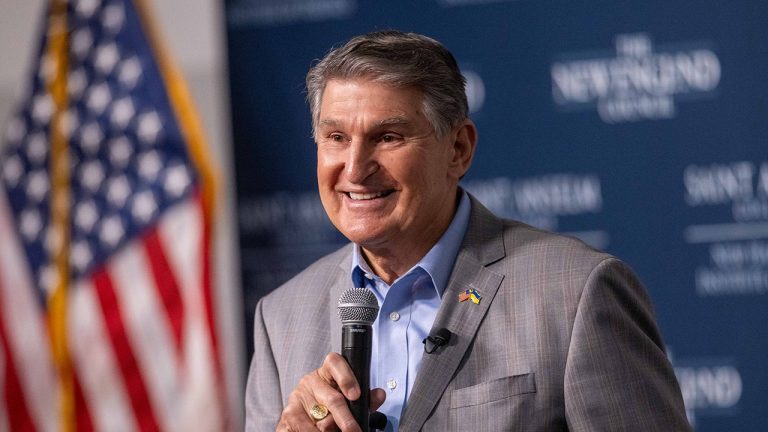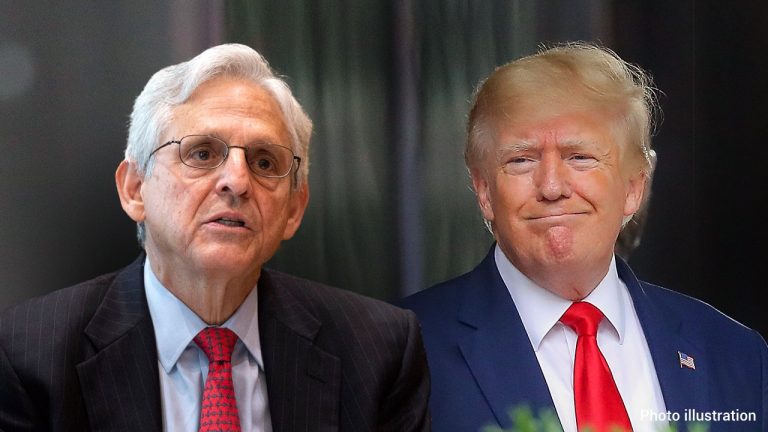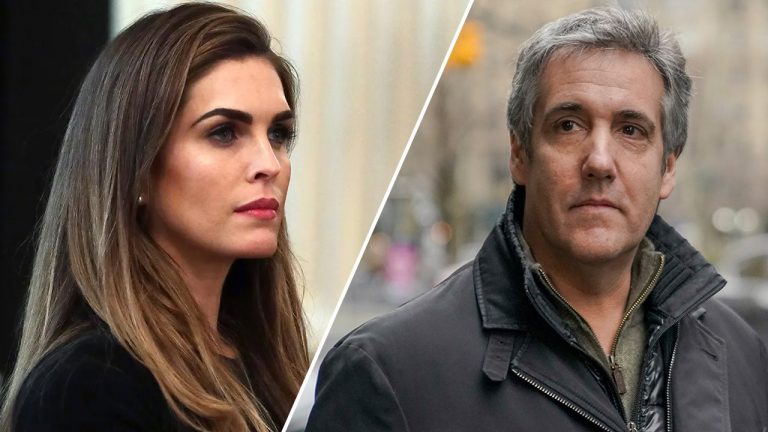Clarence Thomas criticizes Special Counsel Jack Smith in Supreme Court immunity case
Special Counsel Jack Smith found himself at the center of the Supreme Court’s landmark decision in former President Trump’s immunity case, raising questions about the constitutionality of his appointment. The 6-3 majority ruling affirmed that a president holds substantial immunity for official acts during their time in office, sending the case back to lower courts for further examination of which acts fall under this immunity.
Justice Clarence Thomas, in a separate concurring opinion, highlighted concerns about the appointment of Jack Smith as special counsel in Trump’s prosecution. Thomas emphasized the importance of upholding the Constitution’s protections for the Office of the Presidency, stating that the creation of the office of the Special Counsel must be established by law to ensure adherence to the separation of powers.
In questioning the validity of Smith’s appointment, Thomas pointed out that the Attorney General’s actions in appointing a private citizen as Special Counsel may have violated constitutional structures. He argued that without a law establishing the office of the Special Counsel, the prosecution cannot proceed.
Thomas further asserted that the unprecedented nature of this prosecution, targeting a former President, necessitates careful consideration of the legal authority underpinning the Special Counsel’s role. He emphasized that a private citizen lacks the legal standing to prosecute anyone, especially a former President, without proper authorization from the American people.
The immunity issue raised in Trump’s case stemmed from allegations from Smith’s federal election interference case, which accused Trump of various offenses related to the Capitol riot on Jan. 6, 2021, and the 2020 election results. Trump maintained his innocence, arguing for immunity from prosecution for his official acts while serving as president.
Former Reagan Attorney General Ed Meese, in an amicus brief to the Supreme Court, challenged the legitimacy of Smith’s appointment, contending that a private citizen like Smith lacks the authority to represent the United States in a legal capacity. Meese argued that the absence of statutory authority and proper legislative direction for the position of Special Counsel rendered Smith’s appointment unconstitutional.
Thomas echoed Meese’s concerns in his concurrence, emphasizing the need for a valid legal framework surrounding the appointment of the Special Counsel. He raised doubts about the compliance of the appointment with the Appointments Clause and stressed the importance of adhering to constitutional requirements for filling federal offices.
Ultimately, Thomas underscored the significance of upholding the Constitution’s separation of powers to safeguard liberty and prevent the erosion of its protections. He called for a thorough examination of the constitutional implications of the Special Counsel’s appointment before allowing the prosecution to proceed.








